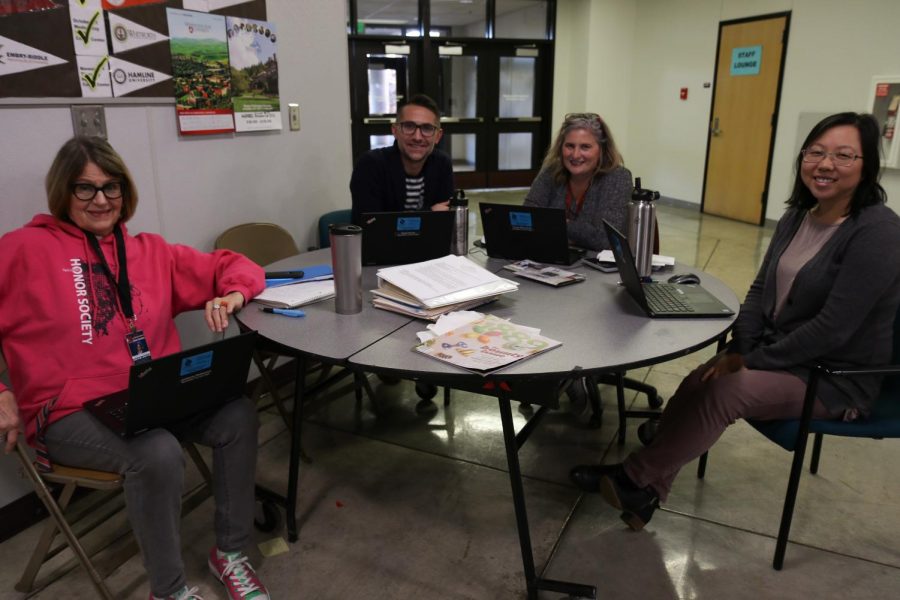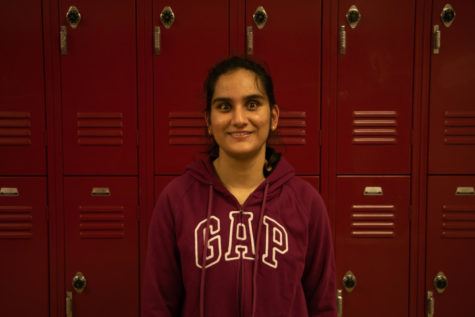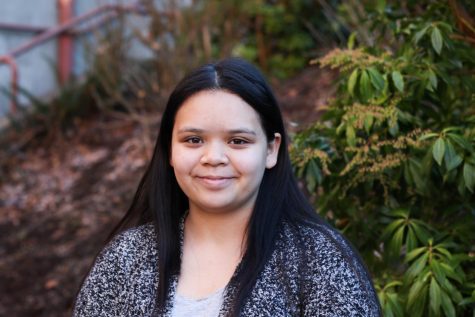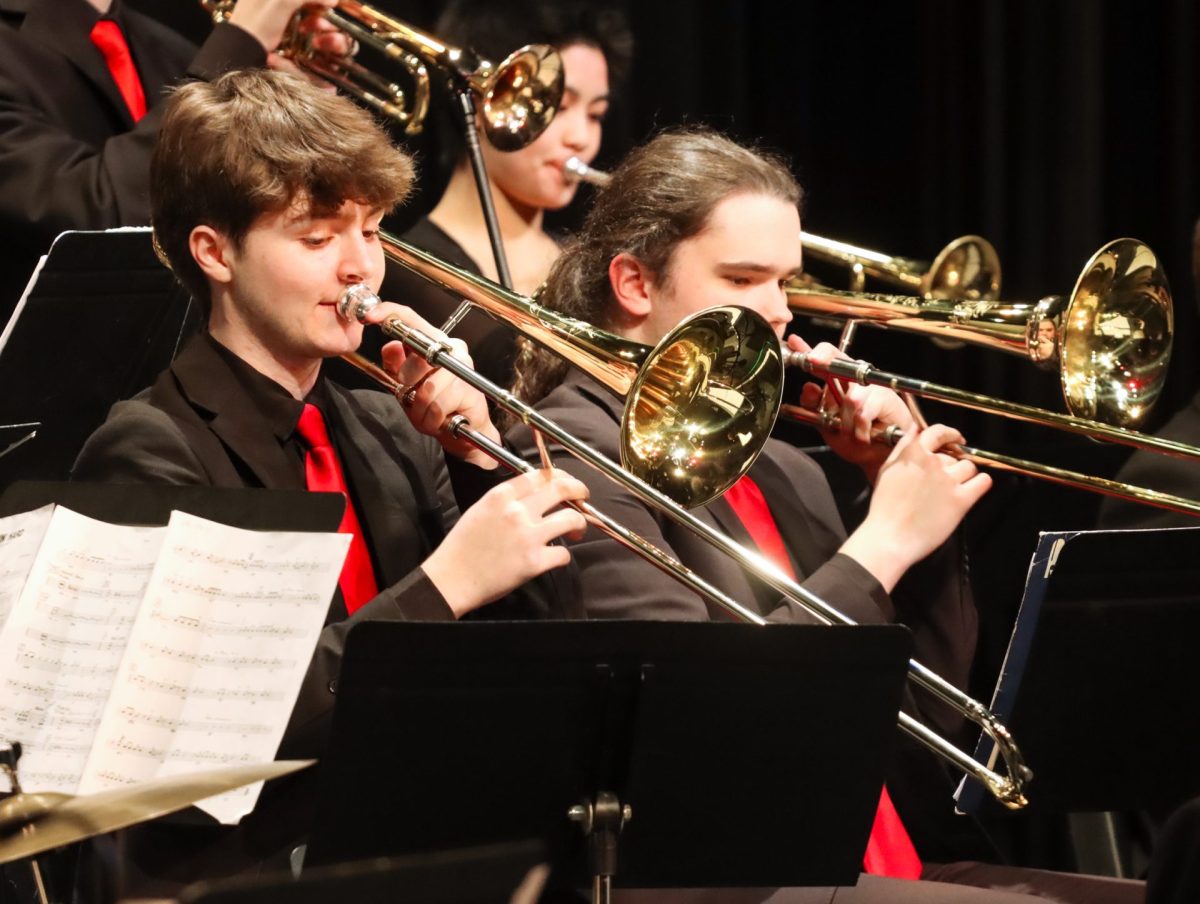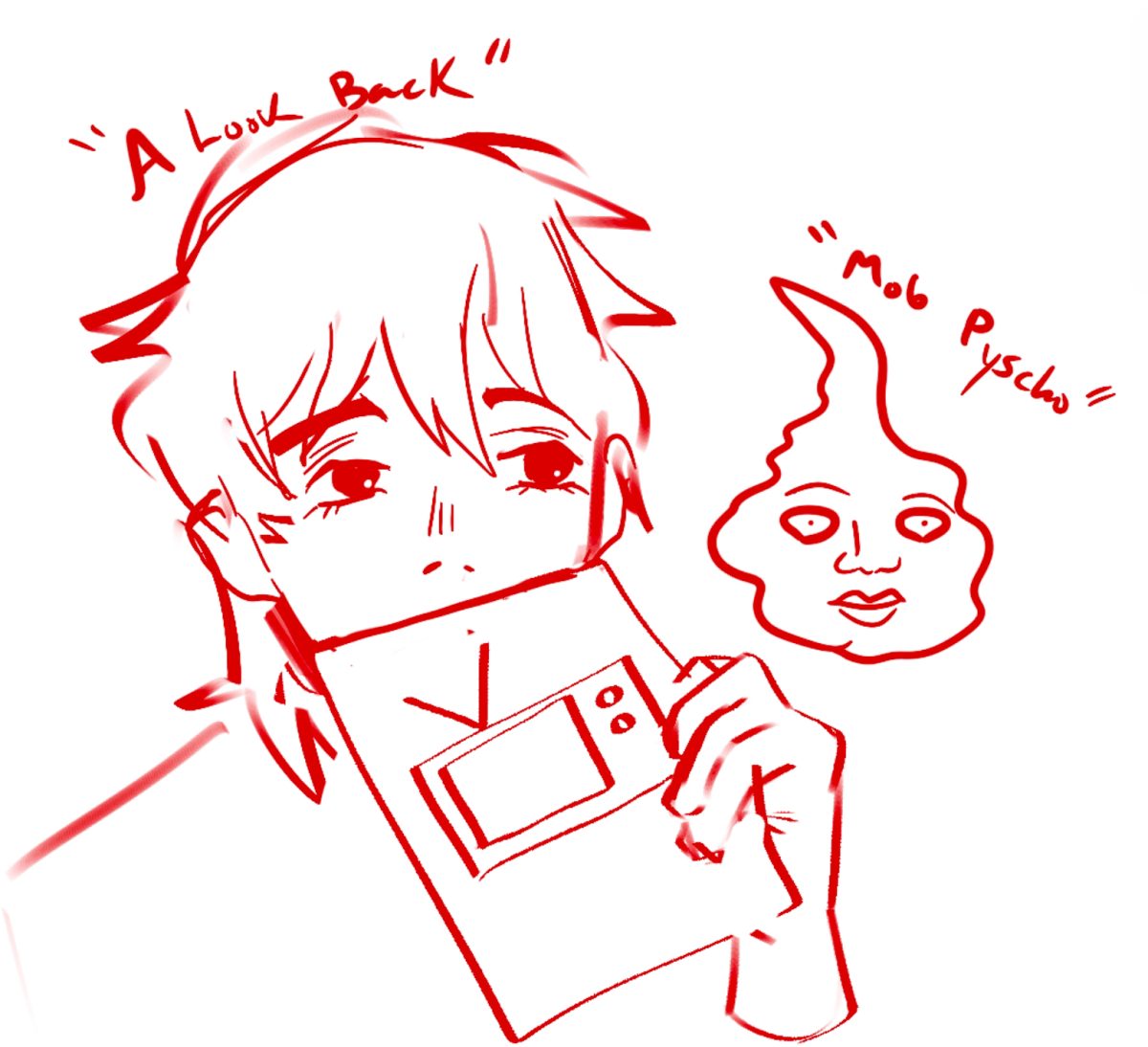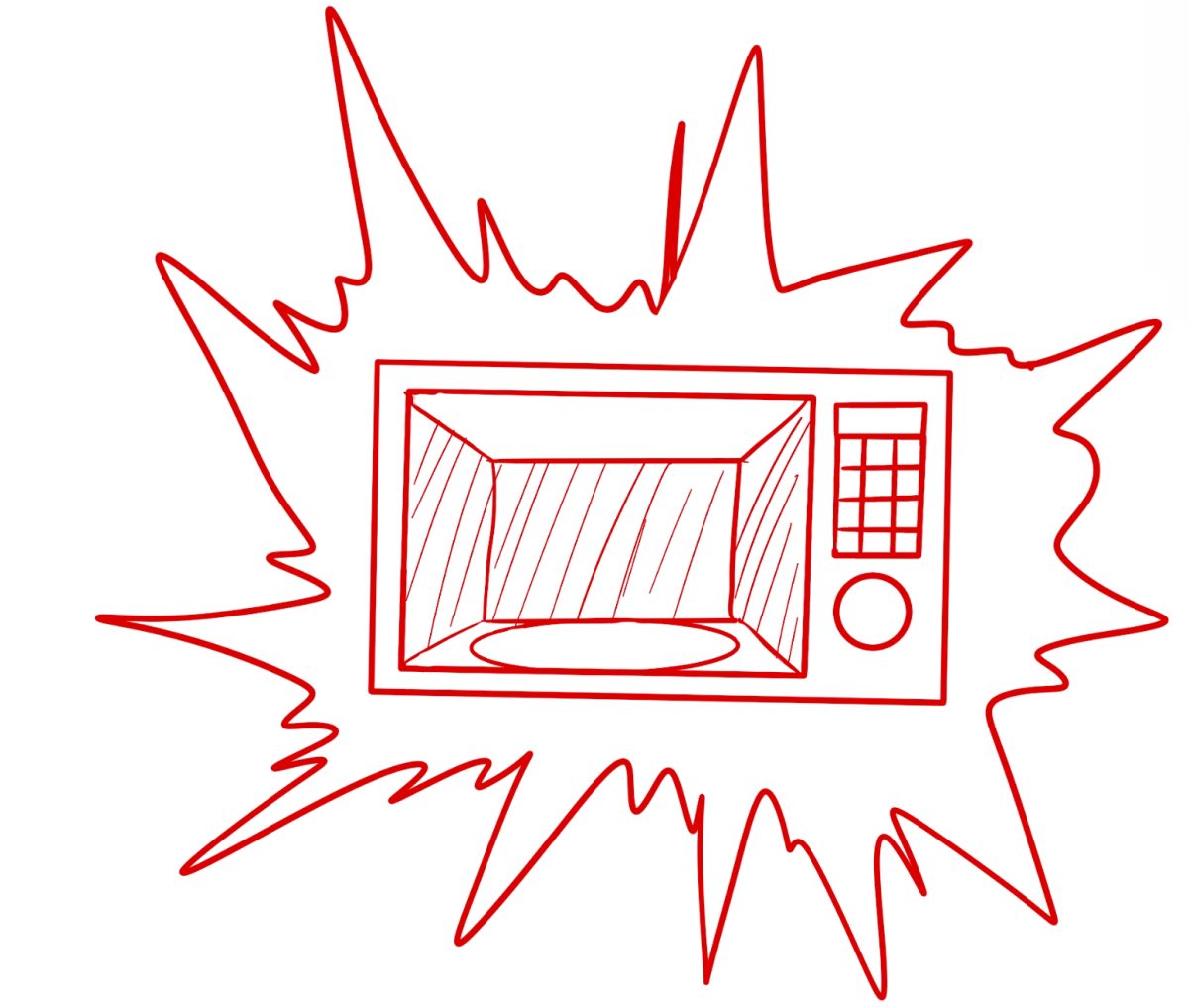Once high school begins, so does the conversation about a student’s future, and, of course, whether a student wants to attend college. For many people, the idea of college and life after high school can be extremely daunting, especially since they are still trying to figure themselves out.
Despite the school’s excellent STEM program, students should take advantage of the opportunities the school provides, said Barbara Brister, MTHS career specialist.
“I have kids who want to go into engineering,” she said, “But when they do STEM in high school, they realize that isn’t what they want to do.”
Brister said that there are many pathways available to students as they are trying to figure out what they want to do after high school. Advanced Placement (AP) classes, College in the High School (CHS) and Running Start classes—all of which allow students to take college-level classes and earn college credits—are a few of the programs and options available to MTHS students.
“All of these pathways have their advantages, but it all depends on what the student wants to do after high school,” Brister said.
Students can also attend technical schools or participate in apprenticeships, Brister said.
“An apprenticeship is basically when you get paid by the company to learn their trade,” Brister explained. For some students, Brister said, apprenticeships are perfect because debt doesn’t incur during these programs and they get more personalized training. Technical colleges, on the other hand, are two-year community colleges that train students in specific occupations.
Brister is available for questions in the Career Center, and frequently hosts representatives from colleges of all types nationwide.
Counselor Tanya Benvenuti feels staff should be focusing on helping students figure out who they are above everything else.
“We are too blindly pushing students into four year colleges. We get them there, but they drop out, or their degree doesn’t do anything for them,” she said.
On the other hand, Benvenuti recognizes that today, employers are less willing to train new employees. Instead, they expect new hires to come in with a certain skill set, making it necessary for some education beyond high school. However, she doesn’t feel that college is the answer for everyone.
“College is too expensive while you’re still trying to figure yourself out,” she said.
She feels that counselors “need to do more self-explorations about students’ strengths, interests and aptitudes earlier rather than waiting until their last year here to help them figure that out.”
Benvenuti is also a proponent of aptitude tests. She recommends that her students take both the Myers-Briggs Personality Type Indicator test and a test from a program called YouScience. Using these tests, Benvenuti recommends careers to her students that might match their interests.
Such tests can help students figure out what they want to do in life. “Kids should be asking themselves who they are, what they want to do and how they are going to get there. They should always do everything they can to add knowledge to one of those three things,” said Brister.
Brister also mentioned that the PreACT is now available to sophomores, and the PSAT testing is available to juniors. These tests function as practice for the ACT and SAT, which are standardized tests that colleges use to measure a student’s learning.
“Take the SAT/ACT more than once,” senior Ishika Nayyar advised.
In her junior year, Nayyar undertook seven clubs, played sports and started a job. She feels that this, more than anything else, has helped her prepare for life after high school and has taught her more about herself. “Everyone should try to be a part of something that is not directly relevant to academics and school,” said.
“High school is practically a training ground,” junior Crystabella Garcia, said. Garcia is a cheerleader and is also a part of the Key Club, ASB and Connect Crew. Even if Garcia doesn’t use the skills she has gained from these activities, she has “been lucky enough to learn what I enjoy, and we’ll see where that may take me when any opportunity comes my way.”
Garcia feels that staff should highly encourage each student to meet with their counselor with set questions and ideas to discuss. Then, after students get an idea of what they may want to do in the future, they should begin “looking into the courses required in order to take on this profession.”
“Those who would like to look into a science major could meet with their own science teacher and ask about their college experience to further look into which colleges have a program best suited for them,” Garcia said.
Sydney Wilson, another senior at MTHS, agrees.
“One thing that staff could do is to show different careers that are in the area of study in their certain class,” she said.
Wilson also feels that it would help students if they were assigned more college work so “they can get a sense for what they are in for.”
“Be curious, take note of some of the stuff that’s out there and research the things that interest you,” Benvenuti advised.“Who knows what you’re going to want to do, but you don’t want to close any of your doors by getting bad grades.”



